AAA: What is the Importance of Linalool in Essential Oils?

Chemistry. You either loved it or hated it. We here at EG happen to love chemistry because it offers insight into our potent pals, essential oils. The chemical makeup, or the components in an essential oil, is what gives them their unique aromas and abilities. Today we’d like to look at one such component that’s been well-documented for various therapeutic uses: linalool. For those of you who weren’t a fan of chemistry, fear not! We won’t be practicing stoichiometry or breaking out the Bunsen burners for this lesson on linalool.
Linalool. What Is It?
Linalool is a naturally-occurring component found in a variety of essential oils, like Clary Sage. For essential oils that contain a significant amount of linalool (above a 40% concentration), choose one of the following: Neroli, Spike Lavender, Bergamot Mint, Rosalina, Thyme, Coriander and Basil. Also spelled “linalol,” this common component belongs to the chemical family of monoterpenols. Monoterpenols contain a 10-carbon backbone and a functional group called a hydroxyl. They are generally compatible with all skin types, including sensitive skin. Aside from being a skincare powerhouse, linalool offers an array of benefits.
Pain & Inflammation
Linalool lets the air out of inflammation and eases irksome pain problems. There are many types of inflammation. Whether it be inflamed joints, respiratory inflammation, a bee-sting or inflammatory skin problems like psoriasis and dermatitis, linalool-rich oils are a prime choice to soothe the issue. Pain often follows inflammation. Well-documented for its pain-fighting potential, linalool can be diluted for topical use and applied to stiff joints, sore muscles, general aches and more. Here’s a helpful blend for when you’re feeling achy and inflamed.
Recipe
Apply the following blend to the affected area.
12 drops Basil
10 drops Spike Lavender
8 drops Thyme
1 oz Tamanu carrier oil
Sleep
At the end of the day, our bodies crave sleep. Unfortunately, we don’t always get enough sleep. If restlessness is your nightmare, let linalool lull you to sleep. Countless studies have proposed linalool and linalool-rich oils’ ability to help you fall asleep, stay asleep and wake feeling well-rested. If shut-eye is hard to come by, diffuse this blend for an hour at bedtime.
Recipe
5 drops Bergamot Mint
3 drops Neroli
3 drops Thyme
Stress
More and more, society is becoming increasingly stressed out. Some say this has a lot to do with being indoors for much longer than we once were. For a remedy, return to nature with stress-alleviating essential oils. Linalool has been tested for its ability to reduce stress, proving to be beneficial in this area. This ranks linalool-rich essential oils highly when it comes to balancing emotions and calming a busy mind. Keep calm and carry on by using this stress-reducing blend in a personal pocket inhaler.
Recipe
5 drops Coriander
5 drops Spike Lavender
5 drops RosalinaGrab The Essentials Here:
Leave a comment (Comments will be approved before showing up)
2 comments
Cara
I have found changing up my sleep oils that contain linalool (50% or more) have been my best bet for good sleep. I change up the combinations so I’m not used to them. Is there a website that would give me the per centages of linalool in oils?



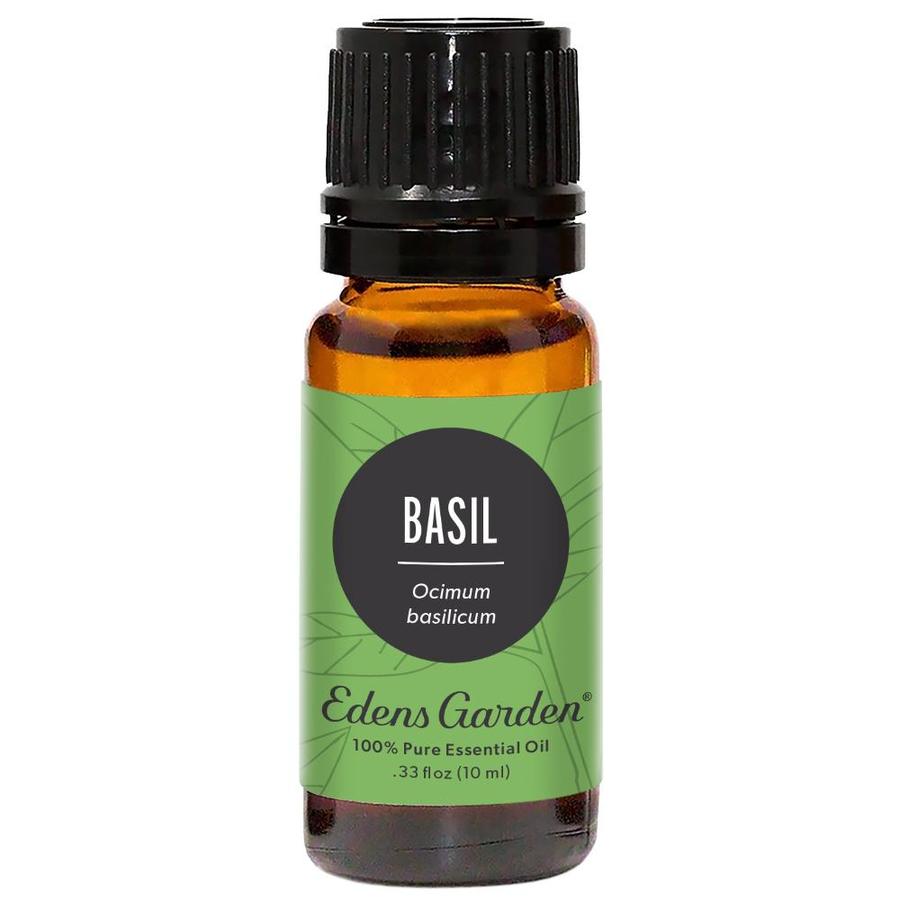
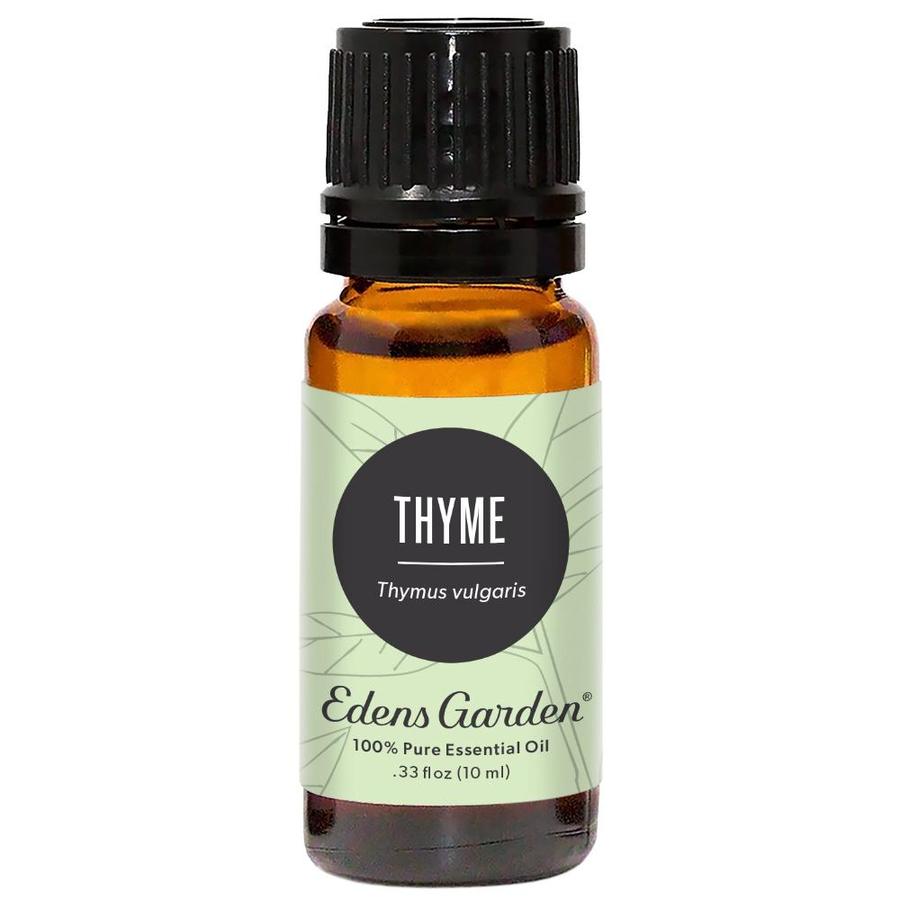
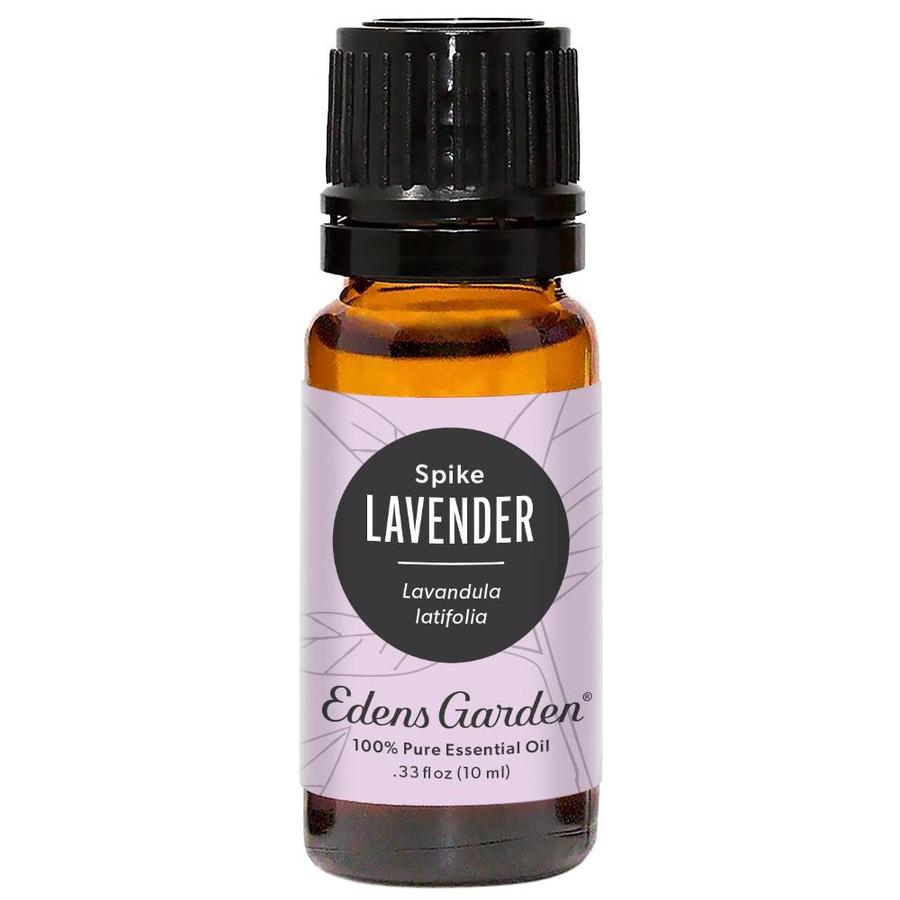


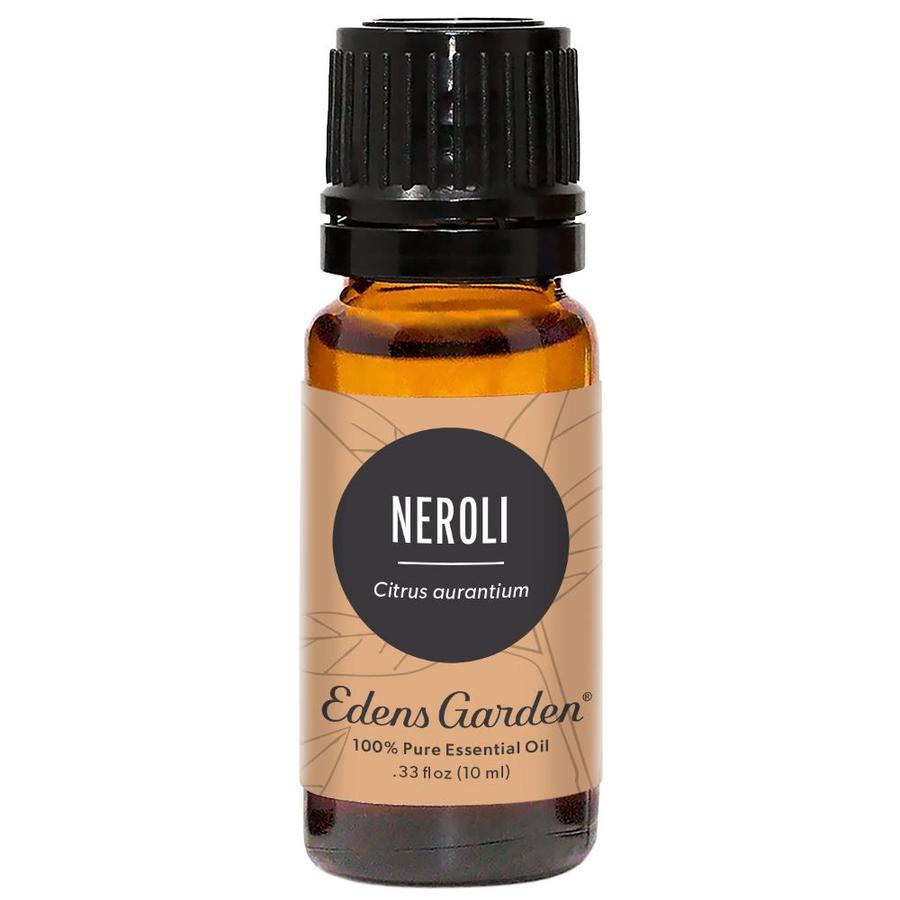
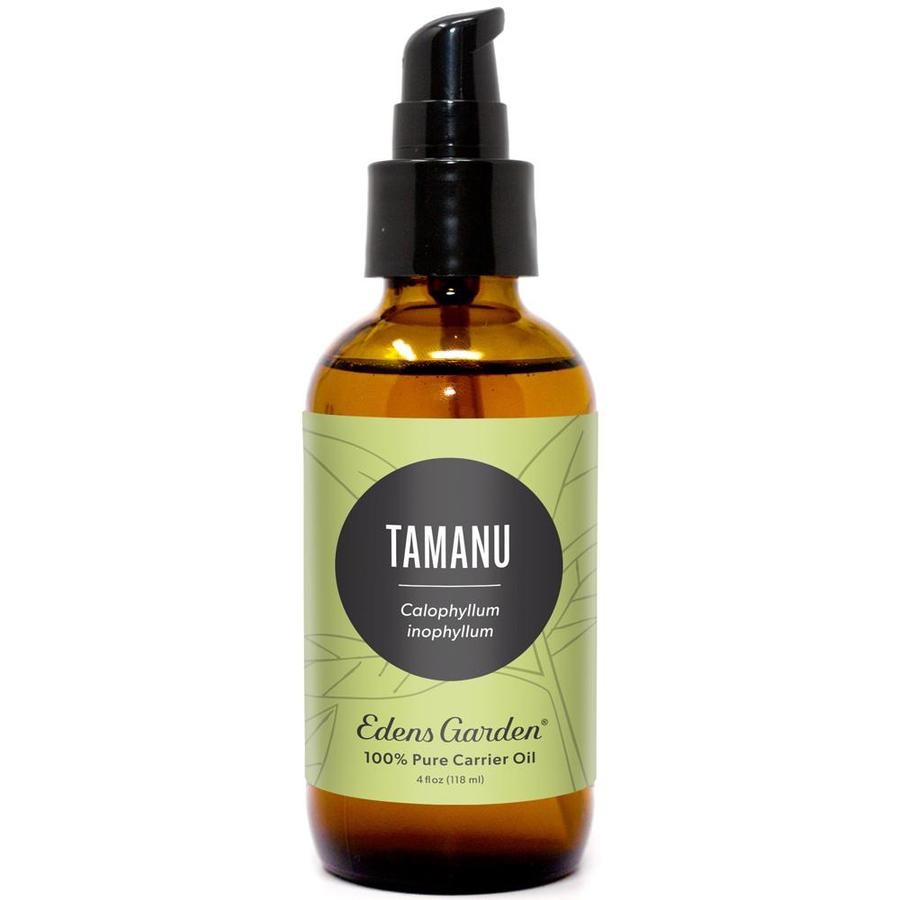




Edens Garden
September 21, 2020 at 1:44 pm
Hi Cara! You could try Essential Oil University’s Database to find out which oils contain linalool. You could also check our oil’s individual GC/MS reports https://essentialoils.org/db#